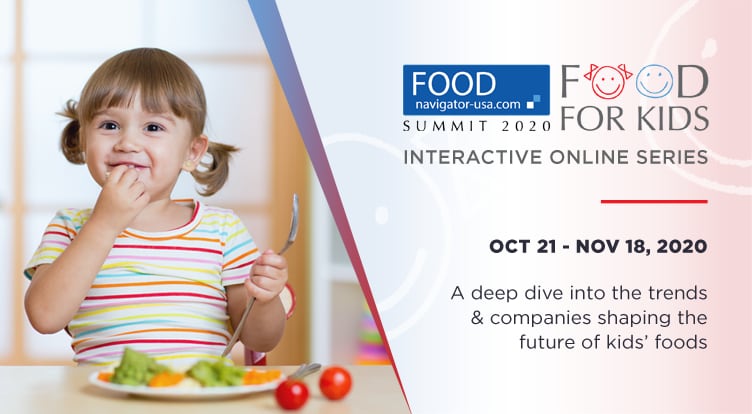The global fast food restaurant announced today that the average nutritional profile of a Happy Meal shown on menu boards in 2019 across its 20 major markets featured 28 fewer calories, 37 mg less sodium, 6 grams less saturated fat and 1.4 grams less added sugar than in 2018.
This is thanks in part to switching Happy Meal sides automatically to a fruit or vegetable in some markets, such as China, introducing carrot sticks and a fruit and carrot puree to Happy Meals in Poland, and featuring apples in US ads for Happy Meals and cherry tomatoes for Happy Meals in the Netherlands. A switch in Spain to display Happy Meal packaging to feature melon slices in August 2019 resulted in customers selecting melon slices 29% more often compared to the same time the previous year, and consistently featuring Happy Meals with recommended food groups in ads in Switzerland resulted in a 6% increase in sales of those items from 2018 to 2019.
The changes are part of five broad goals set by McDonald’s in 2018 in partnership with the Alliance for a Healthier Generation. These include ensuring 50% or more of Happy Meals listed on menus in each market meet McDonald’s Global Happy Meal Nutrition Criteria, which states each bundle will be 600 calories or less, have 10% or fewer calories from saturated fat, 650 mg or less of sodium and 10% or less calories from added sugar.
The fast food chain also committed to remove artificial flavors and colors and reduce artificial preservatives in Happy Meals “where feasible without sacrificing the safety, taste, quality and value of food.”
Other commitments included making nutrition information available for all Happy Meals on McDonald’s websites and mobile apps, marketing to children only Happy Meals that meet the company’s nutrition criteria as well as following existing advertising pledges, and finally increasing purchases of meals with “recommended food groups” through “innovative marketing.”
As of today, the company said 43% of Happy Meals meet its nutrition criteria, 93% are free from artificial flavors, colors and preservatives as “feasibly” possible, 83% shown in children’s ads meet the company’s nutrition criteria “on average,” and more than 2.5 billion Happy Meals sold in 2018 and 2019 contained a fruit, vegetable, low-fat dairy, water, lean protein or whole grain. In addition, 88% of Happy Meals on the website and 87% on qualifying mobile ordering apps provided complete nutrition information.
While proud of its progress to date, McDonald’s director of global nutrition Julia Braun said in a statement that the company recognizes “there’s always more work to do in this space,” and confirmed that the company is “committed to using our size and scale to support children and families as we continue to evolve the Happy Meal.”
[Editor's Note: Curious what more can be done to encourage children to eat healthier? Join FoodNavigator-USA for our virtual Food For Kids Summit. Get all the details and register here.]





